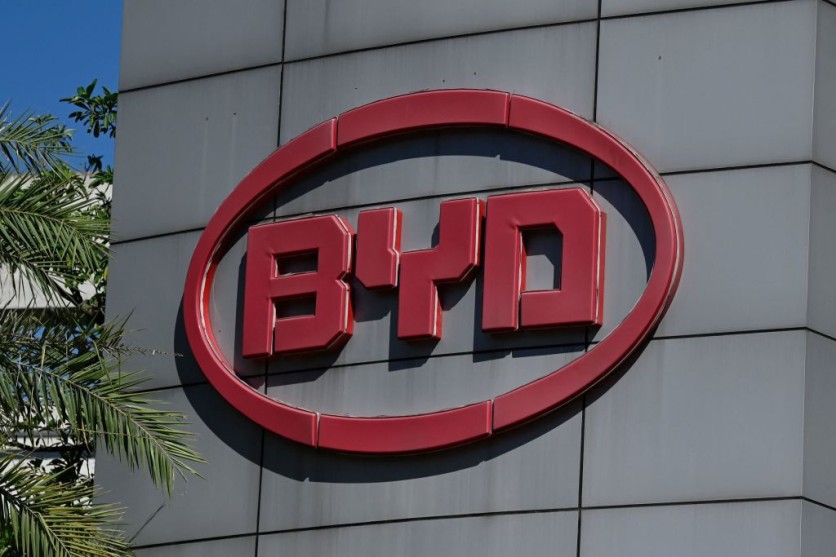Brokerage data shows that BYD outsold Volkswagen over the first four weeks of November, a turnaround that shows the strain on established brands in the biggest auto market in the world, according to a report by Reuters.
Data from China Merchants Bank International (CMBI) also indicates that Tesla's retail sales in China increased nearly twofold in November compared to the same month last year due to price cuts and incentives offered on its Model 3 and Model Y automobiles.

83% Increase
According to the figures, BYD sold 152,863 vehicles in total between Nov. 1 and Nov. 27, an increase of about 83% in average daily sales from the same period last year.
BYD's total was greater than Volkswagen's (143,602 retail sales) and Toyota Motor Corp's (115,272 retail sales), down this by 0.3% and 0.5%, respectively.
But the Volkswagen AG company outsold BYD if the 36,847 vehicles sold under the Audi brand were included.
If the retail sales trend continues for the entire month, BYD, which only started manufacturing cars in 2003, would top the sales charts in China for the first time as well as the first time a firm with a lineup of plug-in hybrids and pure electric vehicles (EVs) had done so, as per Reuters.
Impacts of Zero-COVID Laws
Reuters noted that the decreasing impact of incentives from China's zero-COVID laws has discouraged buyers from visiting showrooms and as automakers prepare for a deeper downturn in the Chinese market.
According to CMBI data, overall retail sales of automobiles made in China decreased by 7% year over year in terms of average daily sales in the first four weeks of November, in contrast to a 2% decrease in the first three weeks of October.
Established international automakers have seen their sales and market share decline in China at the hands of Chinese rivals who attract buyers with a greater selection of reasonably priced EVs and amenities such as in-car entertainment and autonomous driving.
Stellantis announced in October that its Jeep joint venture in China would declare bankruptcy, marking the first JV failure by a foreign brand in the EV realm.
The utilization of plants in China for other well-known companies, such as Volkswagen, General Motors, Ford, and Hyundai, has decreased by 30 to over 50 percentage points over the previous five years, according to Reuters.
But in the US, Tesla continues to dominate the EV market, logging a 65% share of the expanding electric vehicle industry in the first nine months of 2022, based on data gathered by S&P Global Mobility.
However, this is also a significant decline from last year's 71% share. Tesla has followed a downturn trend since last year when its 80% market share from 2018 to 2020 started eroding.
Related Article : Canoo Plans to Acquire a Vehicle Manufacturing Facility in Oklahoma for Lifestyle Delivery Vehicle Production






